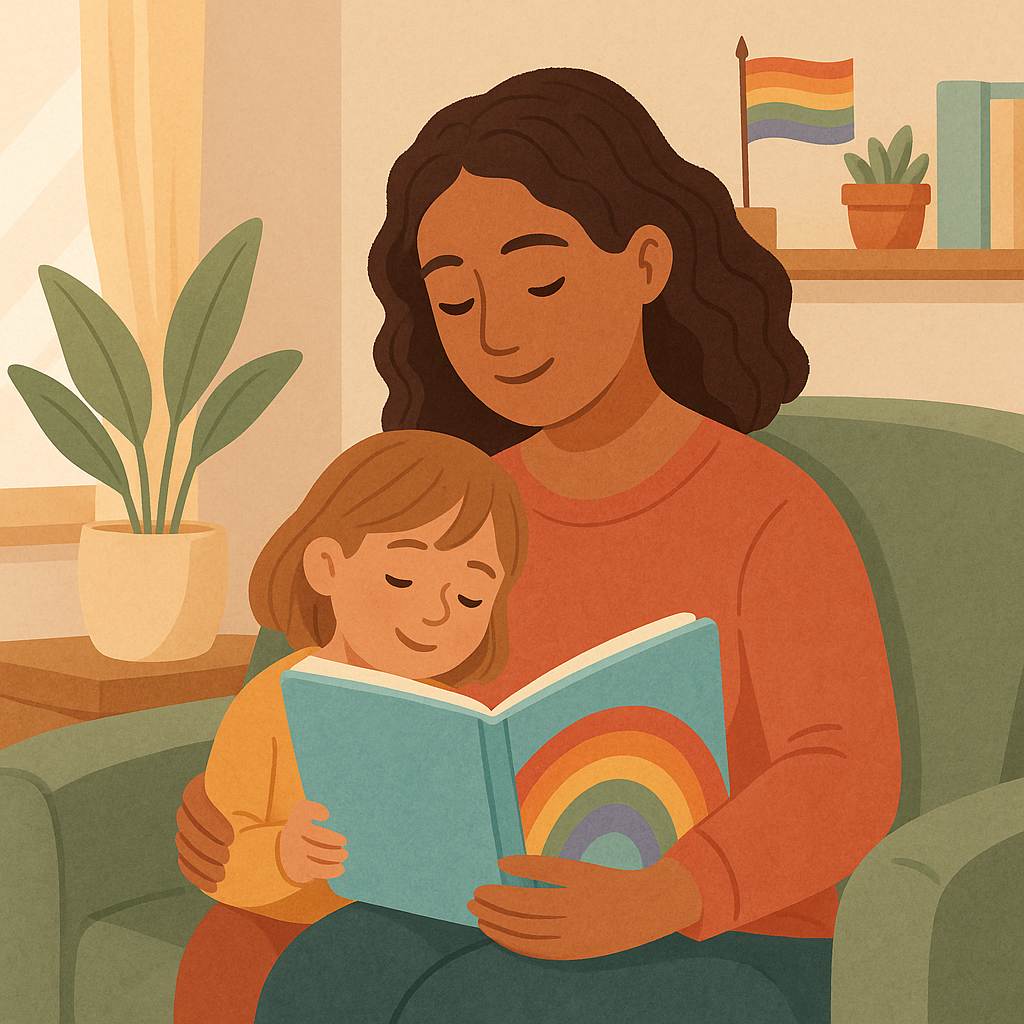Not every child is brimming with self-confidence but as parents, we should do what we can to help when we suspect our own children are struggling with confidence-related issues. By doing so, we can improve their chances of success at school, both academically and in the relationships, they have with their peers, and we can help them with the other aspects of their lives too.
But why do children suffer from low self-confidence? What are the root causes? Well, the reasons why can be wide and many, and we don’t have room to mention them all here. However, we will pinpoint a few possible causes, so keep reading, as we may mention something that you and your child can relate to.
#1: Impediments and impairments
Children who struggle with speech impediments are often inclined to withdraw from classroom discussions and peer interactions because of a general fear of speaking and the fear that others might mock them. Similar fears can arise for children who struggle with hearing and sight impairments.
As a parent, you can do much to help your child if this point relates to you.
For one thing, you can seek professional help via child speech therapy, your pediatrician, and any other specialist that can be qualified to help your child.
You can also work with your child’s teacher as there may be systems in place to support children with different impediments and impairments. At the very least, the teacher may be able to educate others on the issues your child experiences.
You can also arrange playdates and other activities where your children can socialize with others. Provided you invite children who aren’t likely to tease your child, they are likely to grow in confidence through more social interactions.
#2: Sibling inferiority complex
Some of us feel inferior when comparing ourselves to our friends, neighbors, and work colleagues. We can also feel inferior when comparing ourselves to our siblings. And for your child, this could be the reason why they suffer from low self-confidence. If they have brothers or sisters that always seem to be better than they are, it is understandable that they will look down on themselves. It might also be the catalyst for sibling rivalry.
To help your child, it is important to remind them about their many excellent qualities.
You should also encourage them to follow their passions, perhaps by finding after-school clubs they can join to hone their skills. By doing so, your child will gain confidence when they recognize their own abilities and credentials for better self-worth.
Be careful when talking about your child’s siblings. Don’t position them in your child’s eyes as being better than them, perhaps by saying things like “you’re nothing like your brother,” as this obviously isn’t going to help. Avoid comparisons, unless they are positive to everybody, as your child will be less likely to feel inferior and more likely to experience life as a valued individual.
#3: School peers
Your child’s peers can be a factor, as bullying can lead to low self-confidence, as can feelings of inferiority if your child compares themselves unfavorably. These are both things we have touched upon already, and the solutions we have suggested thus far could be useful.
There may be more you need to do. If bullying is an issue, you could talk to your child’s teachers as well as the parents of the bullies. You could also teach your child to stand up to bullies, with lessons that don’t conclude with somebody getting bopped on the nose!
If your child isn’t doing very well academically, this might be the reason for feeling inferior. Again, your child’s teacher should be able to help but you could also look into extra tuition for your child if you think they need it.
To understand more, talk to your child. If you allow room for conversation and sharing, you should learn more about any issues they are having at school, be they peer-related or not. By getting to the root of these issues, you will have the incentive to take further action, whatever that might be.
Finally
We haven’t covered every self-confidence issue here but we hope our suggestions were helpful. For more advice, speak to your child, their teachers, and other responsible adults in their circle, and find out what other steps you can take to overcome any confidence issues. By doing what you can in support, including taking steps to raise your child’s self-confidence, you will be doing much to help them in both the short and the long term.



